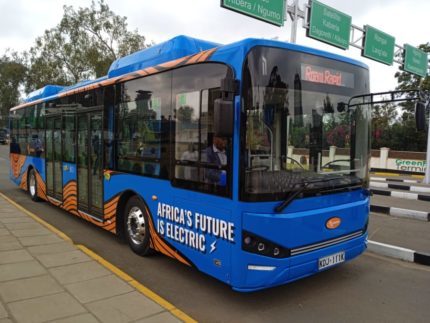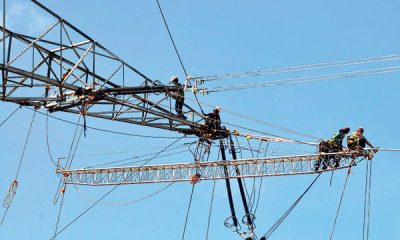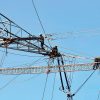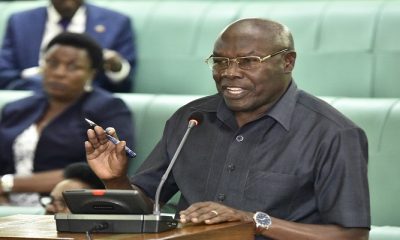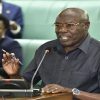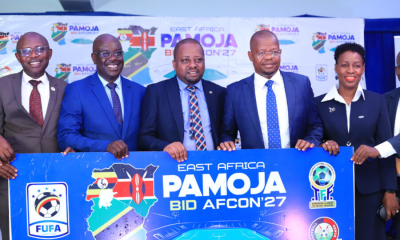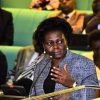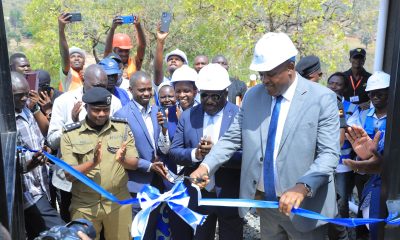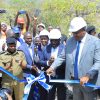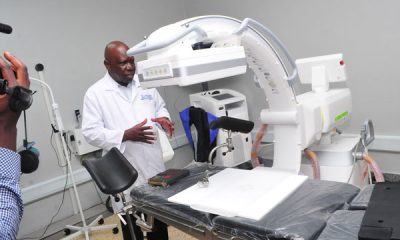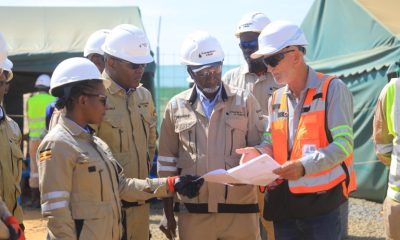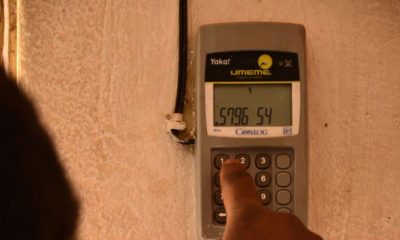In a significant development aimed at addressing Nairobi’s persistent traffic congestion and promoting sustainable urban transportation, President William Ruto of Kenya has inked a $59.2 million deal with the United States foreign aid agency, the Millenium Challenge Corporation (MCC).
The agreement seeks to introduce a fleet of electric buses to bolster the city’s public transportation system and reduce greenhouse gas emissions.
The Need for Electric Buses: Nairobi, a bustling metropolis and Kenya’s capital, has long grappled with traffic gridlock, which not only hinders economic productivity but also contributes to air pollution and environmental degradation.
To combat these challenges, the Kenyan government, in collaboration with the MCC, has initiated the Blended Finance for Bus Rapid Transit (BRT) Project.
The Blended Finance for BRT Project, as outlined by the MCC, is designed to mobilize private financing to support the acquisition of electric or low-emission buses.
These buses will primarily operate on Line 2 of the Bus Rapid Transit system, a high-efficiency public transportation network currently in development for the Nairobi metropolitan area. The key objectives of this project are twofold:
- Traffic Congestion Alleviation: By introducing electric buses, the project aims to streamline and expedite public transportation, thereby reducing traffic congestion and enhancing the mobility of Nairobi’s residents and workforce.
- Environmental Responsibility: Beyond traffic decongestion, the project aligns with Kenya’s commitment to environmental sustainability. The adoption of electric buses will significantly decrease greenhouse gas emissions associated with urban transportation, contributing to the nation’s climate goals.
The historic agreement was formalized during a ceremony held in New York, USA, on September 19, 2023. President Ruto was joined by Alice Albright, Chief Executive Officer of the MCC, and Njuguna Ndung’u, Kenya’s National Treasury Cabinet Secretary, for the signing of the threshold program agreement.
The acquisition of electric buses is anticipated to have a transformative impact on Nairobi’s public transportation landscape.
With reduced reliance on fossil fuels, the city will witness improved air quality and a decrease in the carbon footprint associated with daily commuting.
Additionally, enhanced public transportation options are expected to bolster economic activity and accessibility within the Nairobi Metro Area.

